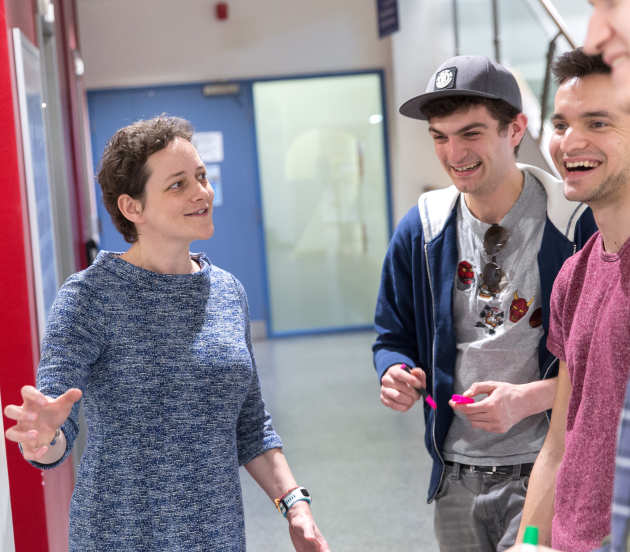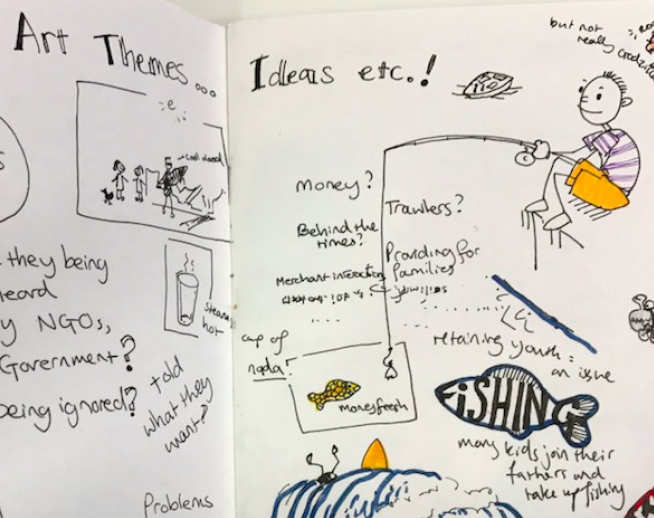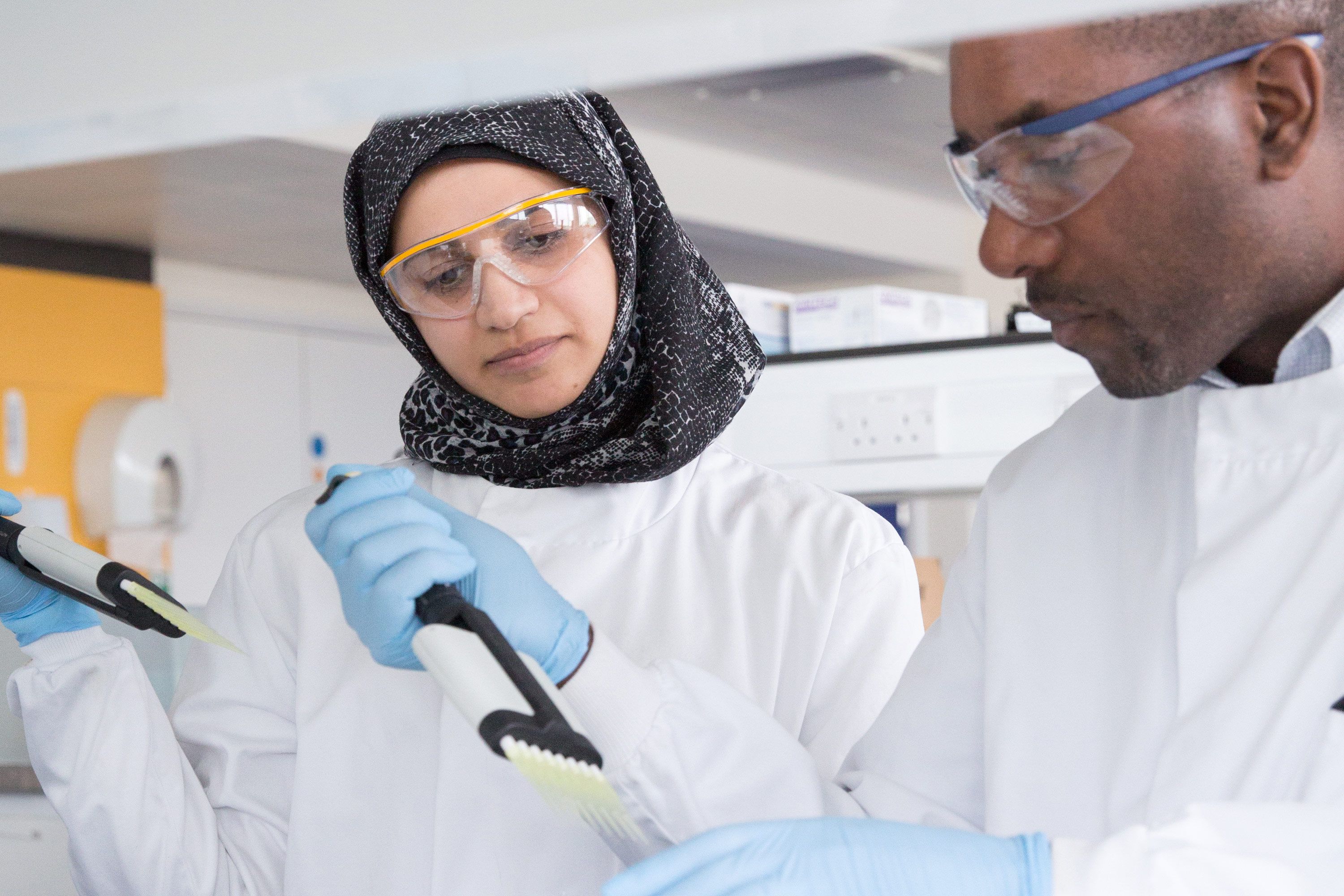
When Dr Elizabeth Hauke came to Imperial four years ago she was tasked with setting up a course on ‘global challenges’. It would be part of Imperial’s Horizons programme – a series of options aimed at giving students a broader education, inspiring their creativity and boosting their employment prospects.
“I was given a brief to address issues such as climate change, poverty and disease in a way that was different yet complimentary to students’ main subjects,” Dr Hauke says. “My approach was to get students working independently, critically engaging with what they were studying, and solving problems.”
Global Challenges is now a series of nine courses available to first, second, third and fourth year students.
In the first-year courses, students choose a global challenge to study. Dr Hauke asks them to work in groups with a mix of men and women, different disciplines and home countries. “These courses are very inclusive, bringing together students from different backgrounds and educational experiences,” she says.
Student comment
“If there is one thing that I learned about students in Imperial it is that there is a huge diversity of opinion. People come from different countries, with different education, background and experiences. It has been a wonderful time interacting with everybody. Collaborating and working with the team is definitely the highlight of the course. It is through bouncing ideas off each other and sharpening and refining our thought that I have learned the most.”
Students use a ‘Blackboard wiki’, an online space where anyone within the team, can write, comment and edit. Dr Hauke explains: “I can see what anyone has written or edited, and when. I can also reflect on how the students interact. For example, are they writing in block capitals, or are they saying please and thank you?”
Assessment is based on the wikis, performance during the course and a presentation. It also includes self-assessment and peer review. Students are asked to rate their skills before and after the course, and choose which skill they most want to improve. These include a range of research, writing and organisation skills.
“In the second-year courses, we look at individual communities – either those who are facing extreme hardship, or our own community in South Kensington,” says Dr Hauke. Students begin with a five-week exploration of the communities using a technique called soft systems methodology. They are given completely blank sketch books and asked to draw an issue and solutions from different peoples’ perspectives, for example a child, the mayor or an industrial worker (see an example pictured below).
Next, students vote on the ideas and form study teams to develop them. The ideas might be practical things, such as an irrigation system, or a social enterprise, such as a coupon scheme.
“Having examined the problem from different perspectives, they must communicate it directly to the community. They might make a leaflet or video, for example.”

In their third and fourth years, students all work together examining a range of global events - natural disasters, conflicts and humanitarian crises - but from different angles. They look at six major global events and question what we have learnt from history, comparing for example Chernobyl with Fukushima. “The whole class must acquire ‘dinner party’ knowledge of each event, but then each team will gain a different perspective by studying different sources.”
Finally, each student writes a longer essay. “While students are working on their essays, I set aside a week when I give them complete priority. Around 80 per cent of students send me a first draft that I attempt to return with feedback within an hour. It’s a challenge, both for them to send a draft and for me to review the essays in time.”
Lecturers and employers are beginning to notice the impact of Dr Hauke’s courses, saying that Global Challenges students are taking on leadership roles, and bringing a broader perspective to work-place projects and their main degree studies. Dr Hauke explains: “I want to encourage students to be active participants, working independently in whatever they do. I think that is key to their success.”
Sign Up
If you are interested in receiving the Learning and Teaching Newsletter, please email ltstrategy@ic.ac.uk.
You can also view the issue archive online.

